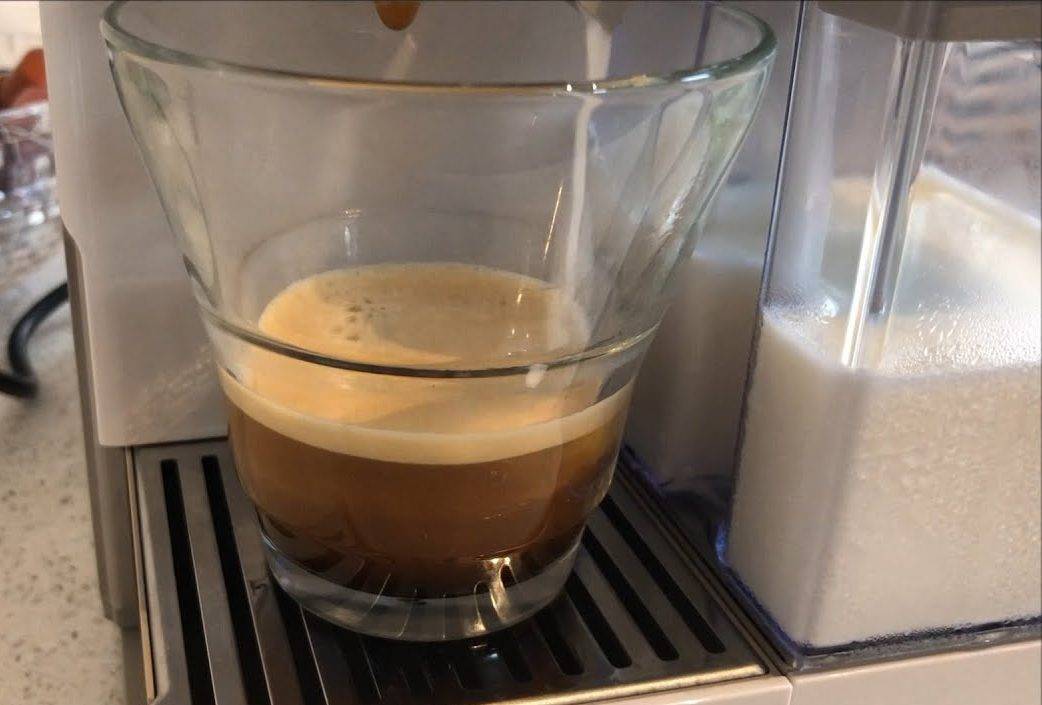It is hard to say how much caffeine is in a Nespresso capsule. In fact, the exact amount varies depending on the type of coffee machine you have. For example, the Original Nespresso brews slightly different amounts of espresso than the Vertuo. The amount of caffeine contained in a single Nespresso capsule can be anywhere from 60 mg to 150 mg, depending on the strength of the espresso you select. Regardless of the specific type of machine that you have, there are guidelines available that can help you determine the right amount.

The amount of caffeine in a Nespresso capsule will vary depending on the type of coffee you choose. The original line of capsules is more robust and contains the highest amount of caffeine. The Vertua line, on the other hand, is made for larger cups and has lower amounts of caffeine. While this may not be accurate for all capsules, it is a good rule of thumb. Depending on the strength and size of the coffee in the capsule, you can determine how much caffeine is in a Nespresso capsule.
Caffeine content varies among Nespresso capsule varieties, and it is best to check the information on the packaging to be sure that you’re getting the right type of coffee. The VertuoLine is a good choice if you’re looking for an extra-strong espresso. In addition to a regular cup, you can also use the Vertuoline 1/2 capsule to enjoy a low-caffeine dose.
While caffeine content is generally low, coffee pods can contain traces of caffeine, but not enough to cause a problem for some people. Even decaffeinated coffee pods contain minimal amounts of caffeine, so even moderate consumption of coffee will not affect those with high caffeine intake. It’s important to note that caffeine levels in a Nespresso capsule vary between the original and the Vertuo, and Nespresso does not make any public information about the amount of caffeine found in its capsules.
If you’re using a Nespresso coffee machine, you’re probably wondering how much caffeine each capsule contains. It’s important to note that different sizes of Nespresso capsules contain different levels of coffee. Therefore, caffeine levels may vary significantly from one to the next. To avoid this, you should purchase the capsules directly from the brand. If the capsules contain a large amount of caffeine, it’s best to opt for a smaller one.
Caffeine levels in the Nespresso coffee capsule vary. It’s important to note that the coffee you consume is highly concentrated. As such, it is vital to know how much caffeine your Nespresso capsule contains. The caffeine content of a capsule can vary by up to 15%. However, if you’re concerned about the amount, it’s better to stick with the standard. In order to ensure that the coffee you buy is free of added sugars, it is best to consult the manufacturer of your preferred caffeine source.
Caffeine levels in the Nespresso capsule can be different from one another. While the single espresso and the double espresso capsule contain about the same amount of caffeine, the Gran Lungo capsules can contain up to 200 mg of caffeine. While the guidelines do not specify the exact amount of caffeine in each capsule, they are generally useful for tracking caffeine intake. The guidelines are not helpful for measuring the caffeine content in a Nespresso coffee.
The caffeine content of a single Nespresso capsule is less than that of a double espresso. The guidelines for the Double Espresso have less than 200 mg of caffeine, but are less specific about the Gran Lungo. The same goes for the single espresso. The same applies for the Gran Lungo. These two espresso drinks are not the same, and the amounts of the latter may be higher than in the former.
The caffeine content of a Nespresso capsule varies from one capsule to another. Because the coffee brewed in the Original Nespresso is different from the Vertuo, the concentration of caffeine in the capsules varies from one to the other. The intensity level refers to the concentration of ground coffee, body, and bitterness of the coffee. It also refers to the degree of roasting.


